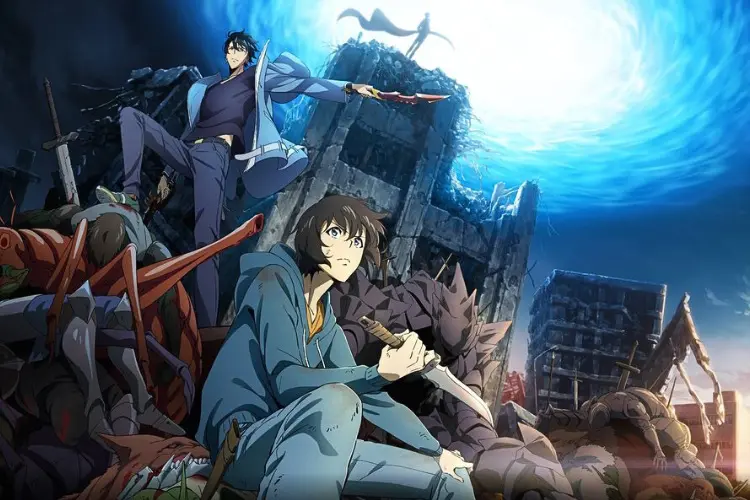In Short
| Solo Leveling is a South Korean series, originating as a web novel written by Chugong and later adapted into a webtoon illustrated by Jang Sung-rak. |
Solo Leveling, a captivating anime series that has taken the world by storm, often sparks curiosity among fans regarding its country of origin.
With its unique storyline and characters, it’s no wonder that viewers want to know whether it hails from Japan or Korea.
Let’s delve into the origins of Solo Leveling, explore its cultural context, and unravel the nuances of its adaptation in different regions.
Unraveling the Mystery: Korean Roots of Solo Leveling
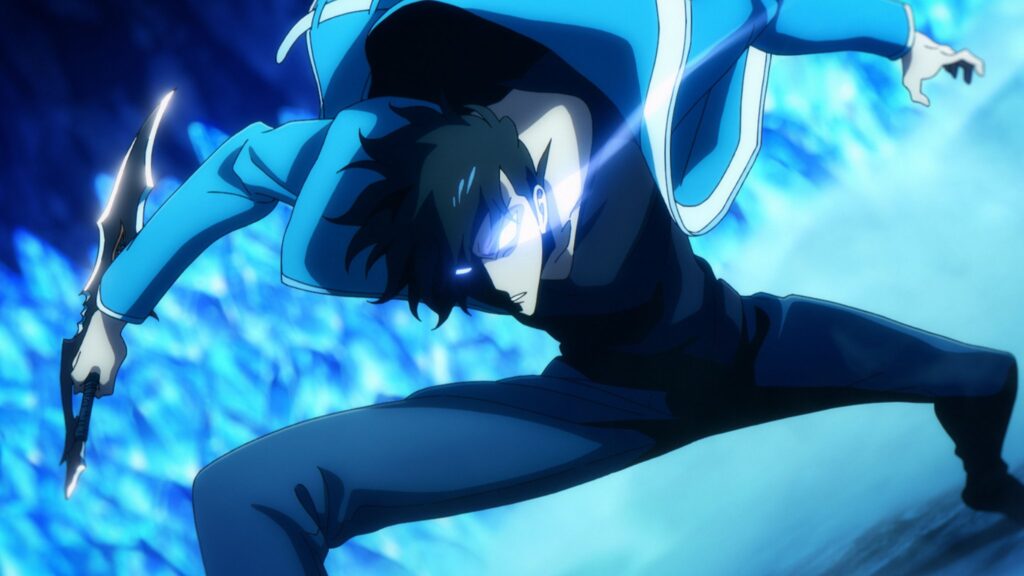
Solo Leveling, also known as Only I Level Up, emerges from the creative landscape of South Korea.
Originating as a web novel penned by Chugong, the series gained traction when it was serialized on KakaoPage, a digital platform for comics and fiction, in June 2016.
The narrative prowess of Chugong captivated readers, leading to its subsequent publication under D&C Media’s Papyrus label later that year in November.
In its journey from web novel to webtoon, Solo Leveling found a visual medium through the talents of illustrator Jang Sung-rak, affectionately known as Dubu.
The webtoon adaptation, like its predecessor, found a home on KakaoPage, captivating audiences with its stunning artwork and immersive storytelling.
From its inception, Solo Leveling was firmly rooted in Korean creative soil, drawing inspiration from the rich tapestry of Korean culture and folklore.
Navigating the Storyline: Korea as the Setting

One of the distinctive features of Solo Leveling is its unmistakable setting in Korea.
Throughout the series, references to Korean locales and landmarks underscore the story’s connection to its homeland.
From bustling cityscapes to serene countryside vistas, the backdrop of Korea serves as an integral part of the narrative, enriching the viewer’s experience with its cultural depth.
Moreover, Solo Leveling explicitly acknowledges Korea as the primary setting, distinguishing it from other countries mentioned within the storyline.
This deliberate choice reinforces the series’ identity and roots it firmly within the Korean context.
As viewers journey alongside characters like Sung Jin-Woo and Cha Hae-In, they are immersed in a world that reflects the unique essence of Korean society and tradition.
Cultural Significance: Embracing Korean Identity
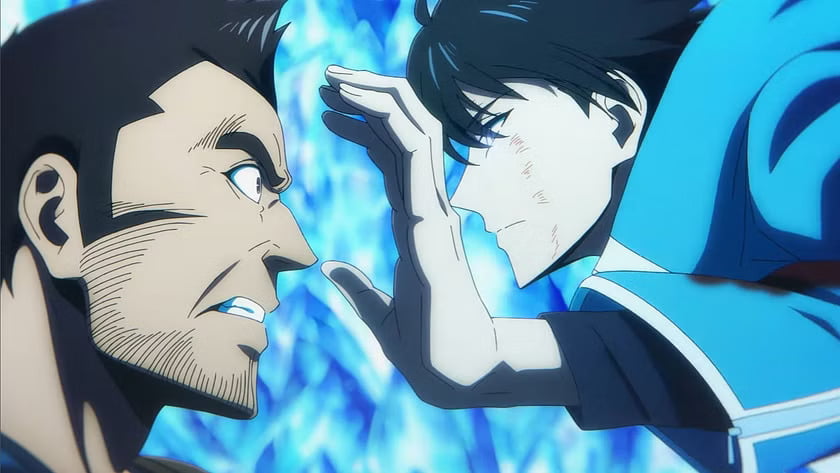
Beyond its entertaining storyline and compelling characters, Solo Leveling embodies the cultural identity of Korea.
Through its exploration of themes such as perseverance, honor, and camaraderie, the series celebrates the values that resonate deeply with Korean audiences.
The portrayal of Korean protagonists as heroes and heroines underscores a sense of national pride and solidarity, fostering a connection between viewers and their cultural heritage.
Furthermore, Solo Leveling serves as a cultural ambassador, introducing audiences worldwide to the rich tapestry of Korean storytelling and mythology.
By embracing its Korean identity wholeheartedly, the series transcends linguistic and cultural barriers, captivating audiences of diverse backgrounds and fostering cross-cultural appreciation.
Adaptation Dilemma: Japanese Version for Japanese Audiences
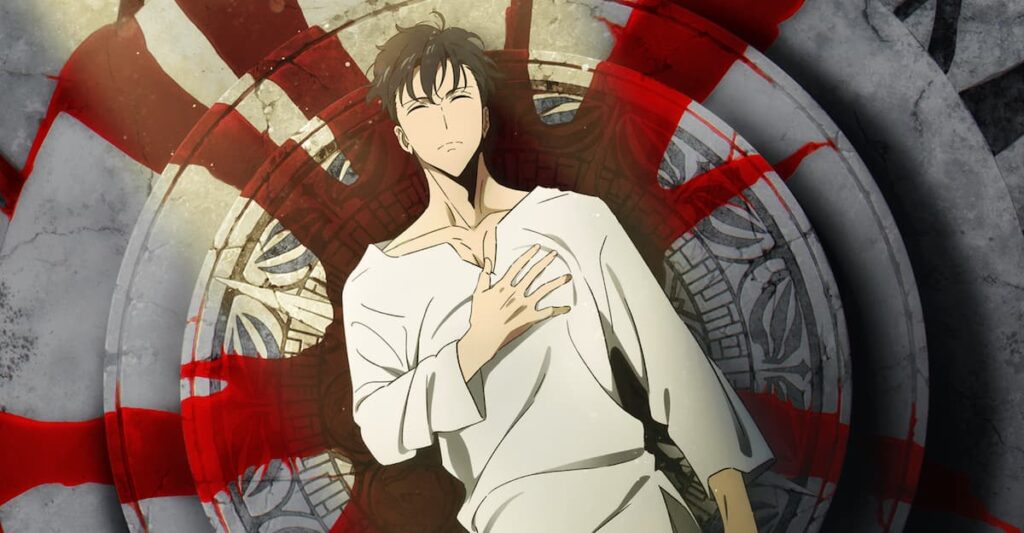
While Solo Leveling maintains its Korean roots on a global scale, its adaptation for Japanese audiences presents a unique challenge.
Given the historical tensions between Japan and Korea, the decision to localize the series for Japanese viewers necessitated certain adjustments.
Thus, a Japanese version of Solo Leveling was introduced, featuring alternate character names and setting details tailored to resonate with Japanese audiences.
In this alternate version, characters like Sung Jin-Woo undergo name changes to align with Japanese naming conventions, reflecting cultural sensitivities and preferences.
Additionally, the setting shifts from Korea to Tokyo, Japan, providing Japanese viewers with a more familiar backdrop.
Despite these alterations, the essence of Solo Leveling remains intact, preserving the essence of the original storyline while catering to the preferences of Japanese audiences.
Global Appeal: Bridging Cultural Divides
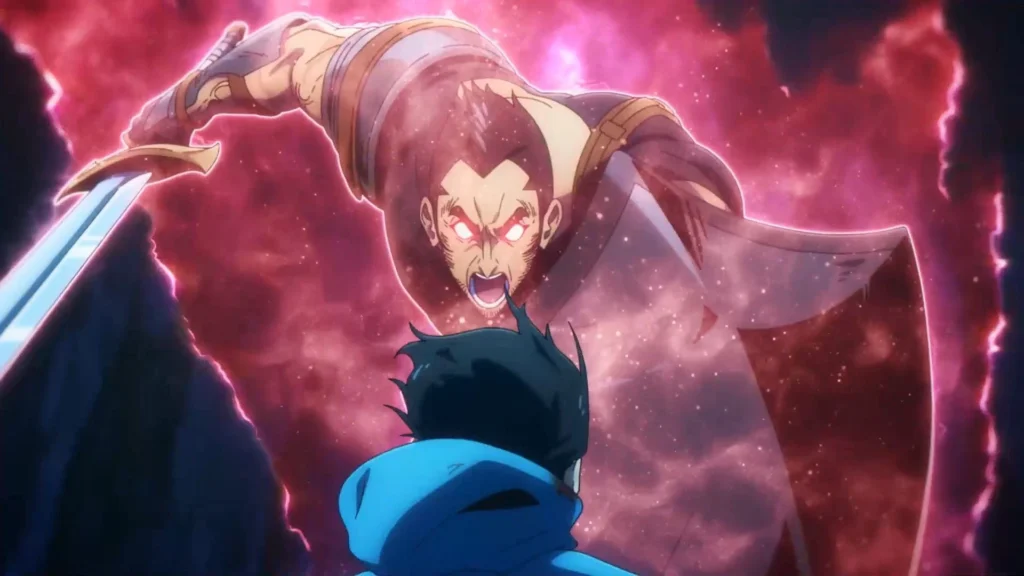
Despite the complexities of adaptation, Solo Leveling continues to captivate audiences worldwide, transcending cultural divides and fostering a global fanbase.
By embracing its Korean origins while accommodating the preferences of diverse audiences, the series exemplifies the power of storytelling to unite people across borders.
As fans immerse themselves in the world of Solo Leveling, they embark on a journey that transcends geography, language, and cultural differences.
Through its universal themes of courage, determination, and resilience, the series resonates with viewers on a deeply personal level, forging connections that defy the constraints of nationality.
Conclusion
In conclusion, Solo Leveling is unequivocally Korean in its origins, storytelling, and cultural significance.
From its humble beginnings as a web novel to its global acclaim as an anime sensation, the series remains rooted in the rich tapestry of Korean creativity and tradition.
While adaptations for specific audiences may necessitate adjustments, the core essence of Solo Leveling remains steadfast, captivating audiences worldwide with its compelling narrative and vibrant characters.
As fans continue to embark on the epic journey of Solo Leveling, they celebrate not only a remarkable anime series but also the enduring spirit of Korean culture and storytelling.
FAQs
Are Solo Leveling Characters Korean?
Yes, the characters in “Solo Leveling” are primarily Korean. The story is set in South Korea, and the protagonist, Sung Jin-Woo, as well as many of the other main characters, are Korean. The series was originally a web novel written by Chugong and later adapted into a webtoon (manhwa). While the story includes characters from different nationalities, the central focus remains on South Korean characters and settings.

